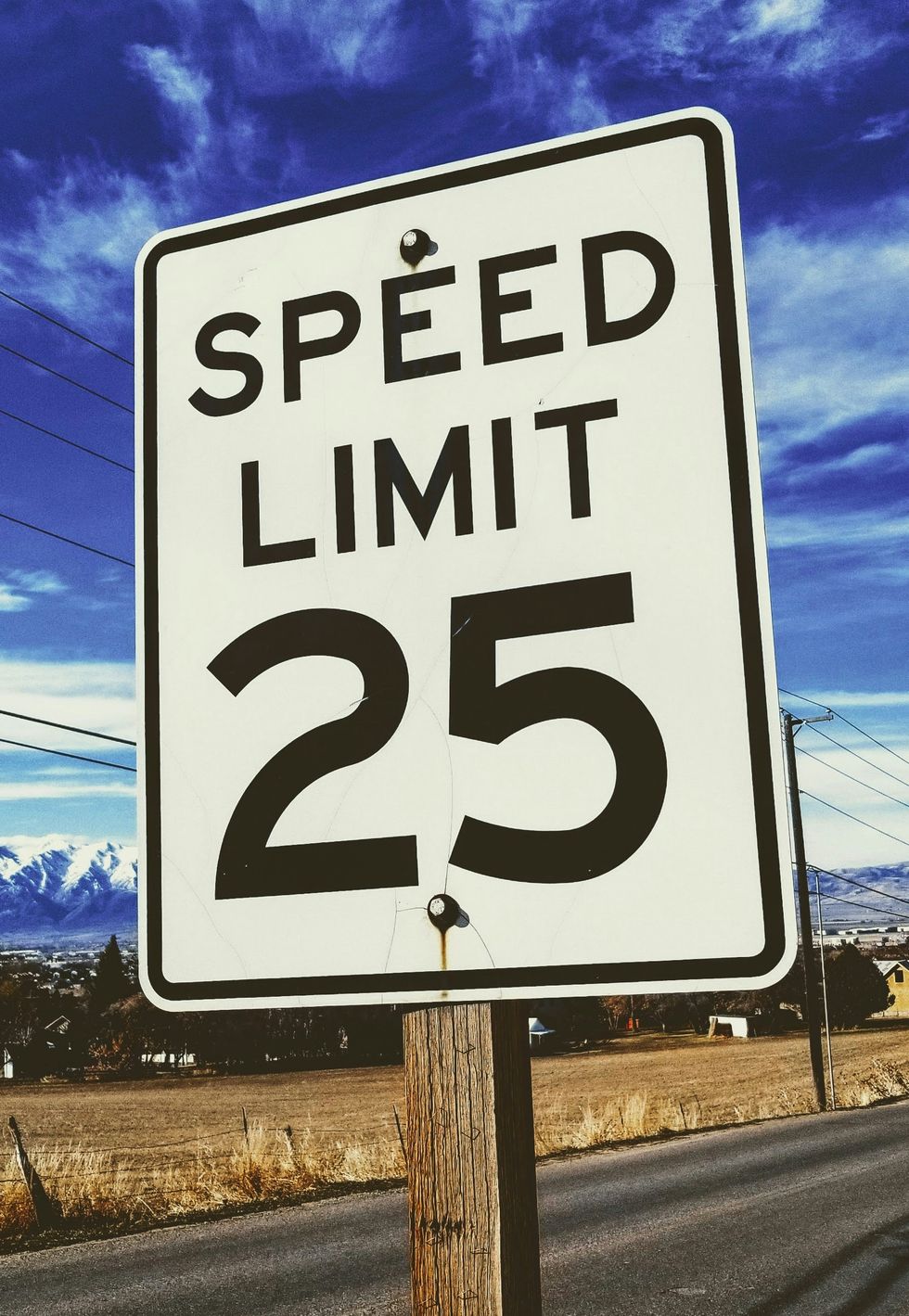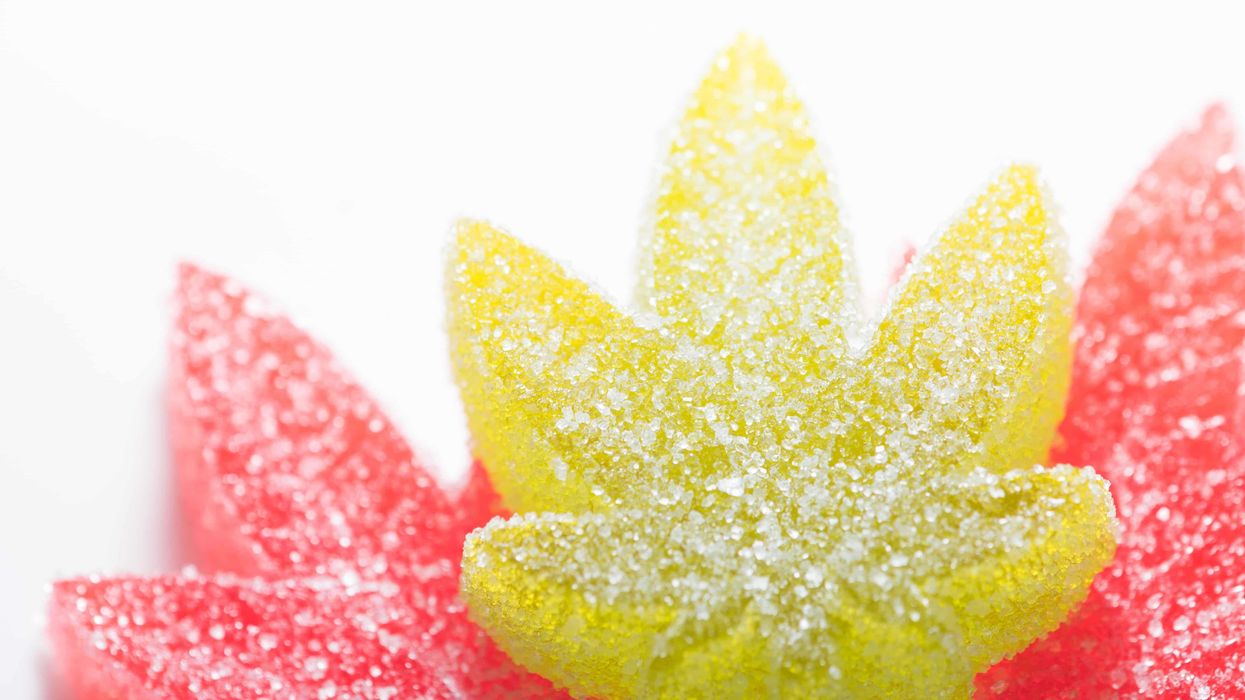It’s no secret that cannabis has rapidly been gaining popularity around the nation (and the globe) over the past few years. Whether someone intends to consume for medicinal or recreational purposes, there’s a large amount of information to sort through and so little time to do so.
Over the years, people have spread false facts about cannabis and unfortunately, continue to do so. This misinformation can hide and negate the positive qualities of cannabis that make it such a useful tool for health and wellness.
The eponymous Dr. Phil McGraw, host of the Dr. Phil Show, is one of these people spreading misinformation.
Dr. Phil’s Twitter #Fail
Just last week, “Dr. Phil” offered his completely outlandish and unfounded perspective on some potentially negative side effects of cannabis use. And unfortunately, it’s not the first time he’s waxed ignorant on the topic of cannabis -- further using his national media platform to spread falsehoods.
Examples like this are why I believe so strongly that as consumers, our duty is to be responsible and conscious, and sift through these facts to bring the truth to light.
As far back as 2014, WebMD found that 69% of doctors believe medical marijuana delivers benefits to patients, while 82% of oncologists and hematologists were in favor of medical marijuana.
Another study published in the New England Journal of Medicine of 1,446 doctors from 72 countries and 56 states and provinces in North America found that 76% supported medical marijuana. Frankly, there’s been a non-stop flow of qualitative and quantitative research that backs up the the curative benefits of cannabis
While Dr. Phil is just the latest egregious instance of marijuana being grossly misrepresented in the media, the sad truth is that it’s an almost daily occurrence. And given the rapidly changing nature of both the regulated and unregulated cannabis market, consumers can’t risk getting overexposed to false information like this.
Don’t get fooled by fake cannabis news
Really, there’s no foolproof way of knowing whether or not the information you get online, on TV, or even in print is legitimate. You can, however, make sure that the news outlets you choose are reliable and reputable, rather than random sites with no history or credentials. (Heck, the same should be said of political news as well, but we’ll leave that topic for another day).
For instance, every one of the references that we used for this article were sourced from legitimate sources such as Project CBD, World Health Organization, New England Journal of Medicine and WebMD.
Unless a website or “news outlet” has references and links to trusted news or research reports, there’s really no point in taking what you read online at face value. Many people with a public platform have extreme ulterior motives -- and they’ll spew out any form of lies and garbage necessary to get their agenda across. (Ahem-cough, Dr. Phil-cough).
Also, pay particular attention to the claims that show up on cannabrand and manufacturer websites, as the information may be unfounded, unvetted and completely unregulated.
Here at The Bluntness, we’re not cannabis product manufacturers and we certainly have no products to sell. We’re just passionate cannabis enthusiasts who are trying to deliver unbiased, quality information that’s of some value to interested readers.
Trust in true medical professionals
The truth is, doctors around the world (real doctors I might add, not actors who play one on TV -- like Dr. Phil -- and aren’t actually licensed to practice) currently prescribe medical marijuana for a host of issues and symptoms: From multiple sclerosis and chemotherapy-induced nausea, to seizure disorders, anxiety, depression, and Crohn's disease. It may even potentially help treat traumatic brain injury and Alzheimer's disease.
Cannabis’ illegal status and Schedule I classification means that patients here in the United States have no federally recognized access to medical marijuana (and doctors can't adequately study it). But that doesn’t mean it hasn’t been studied, as Canada and Israel have been studying cannabis’ medical benefits for years.
The problem with all of this misinformation is that many patients find themselves curious about whether medical marijuana can help them, but feel too embarrassed to bring it up with their doctor.
Fostering dialogue between doctors and patients
My advice for patients is to be entirely open and honest with your physicians and to hold them to a higher standard. Tell them that you consider cannabis to be part of your self-care routine and that you expect them to be educated about it -- and at a minimum, be able to point you in the direction of reliable, vetted information you need.
My advice for doctors is that whether you’re pro, neutral, or against medical marijuana altogether, your patients are embracing it. Although we don’t yet have the full breadth of studies that definitively lay out the benefits (and risks) of cannabis usage, the medical community needs to learn, be open-minded, and above all, be non-judgmental. Otherwise, patients will seek out other, less reliable sources of information and continue to use cannabis without telling you.
Sign Up for The Bluntness Newsletter for all Your Latest Cannabis News
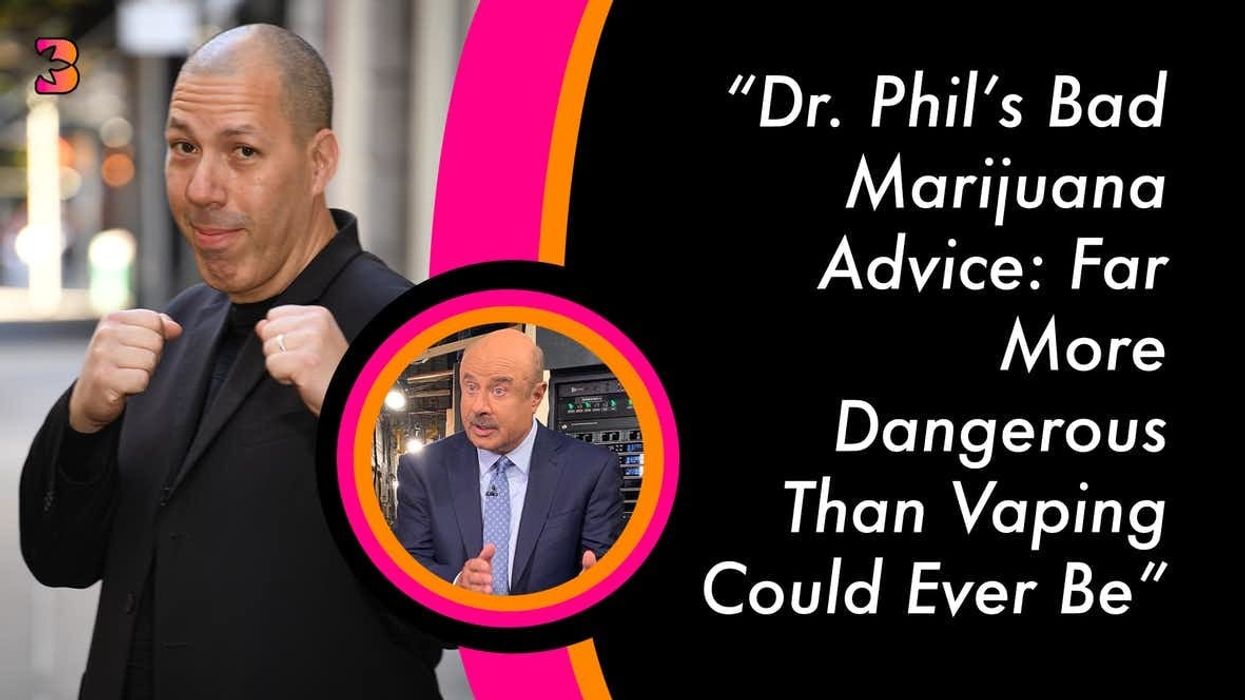






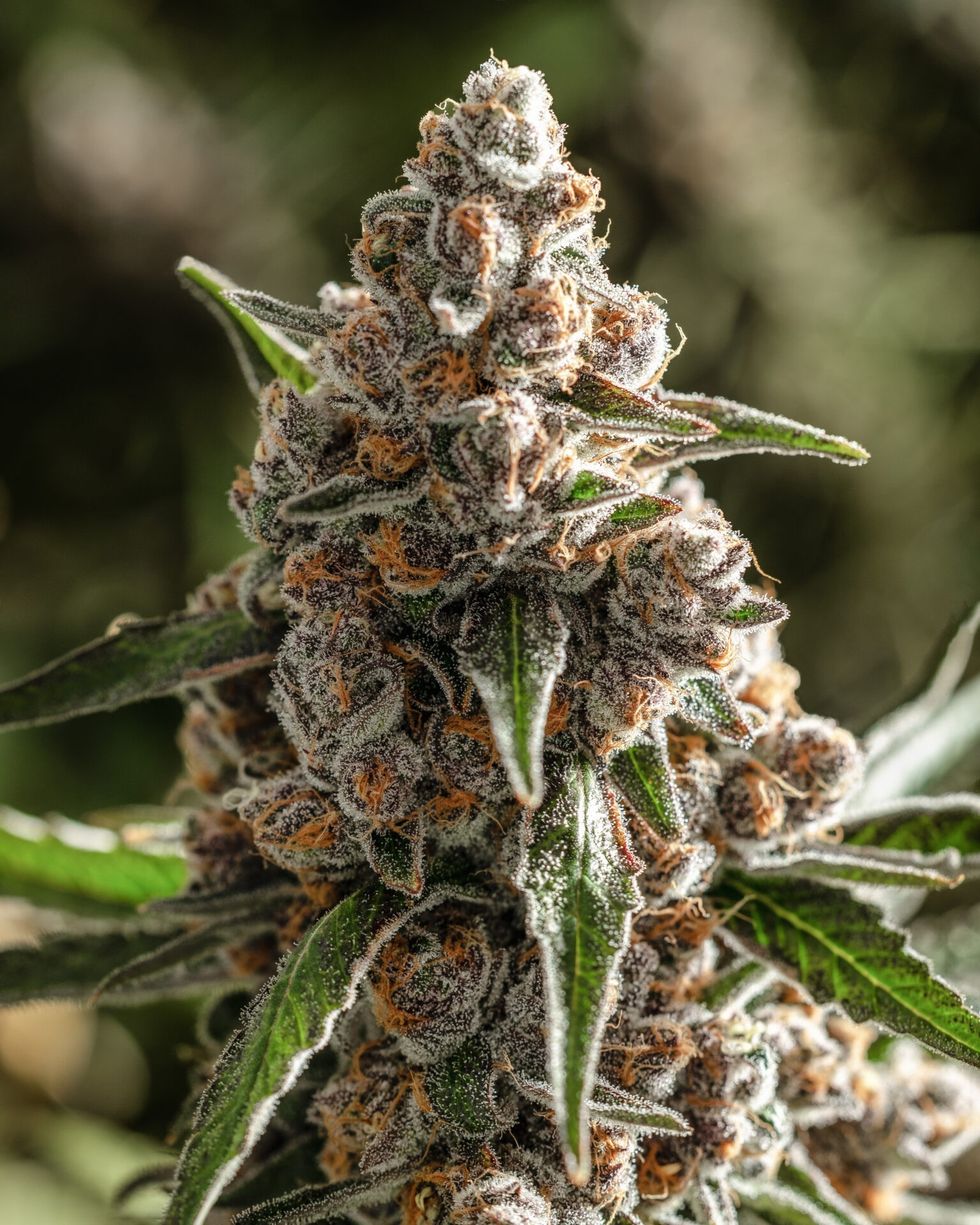 Super Boof Strain: 2024 Strain of the Year - The Bluntness
Super Boof Strain: 2024 Strain of the Year - The Bluntness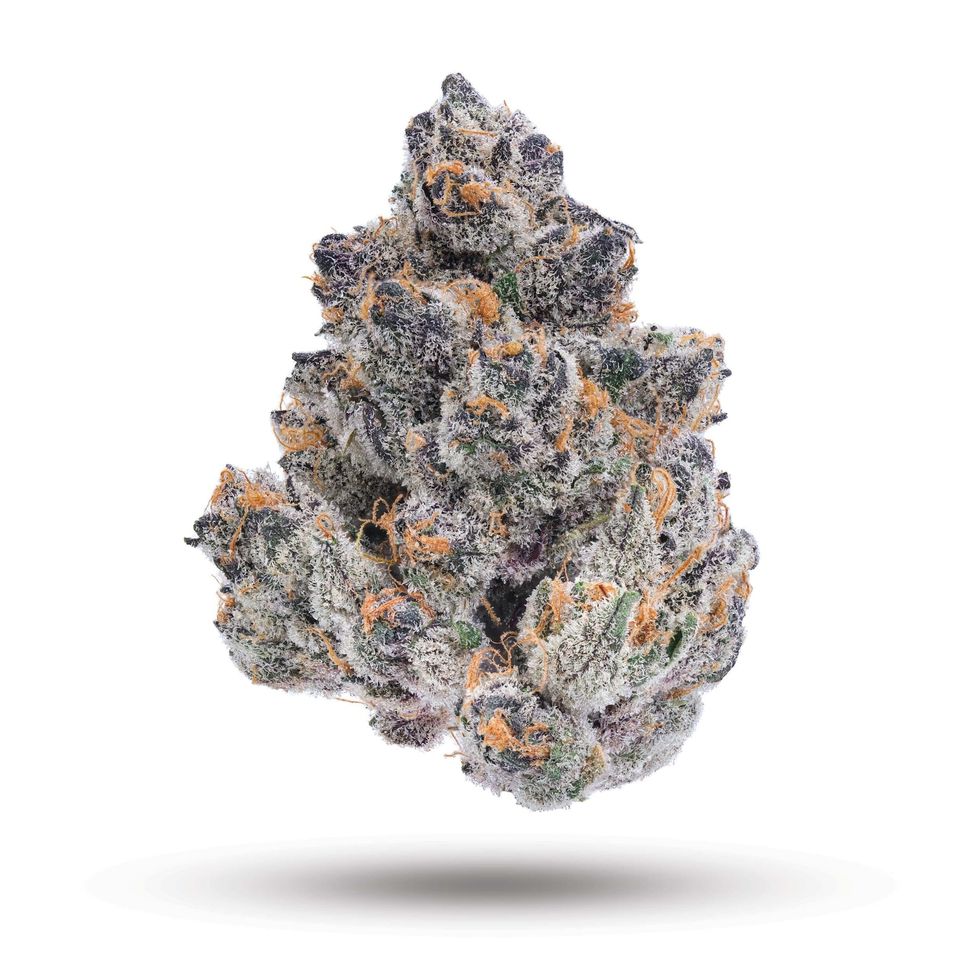 Super Boof Strain: 2024 Strain of the Year - The Bluntness
Super Boof Strain: 2024 Strain of the Year - The Bluntness

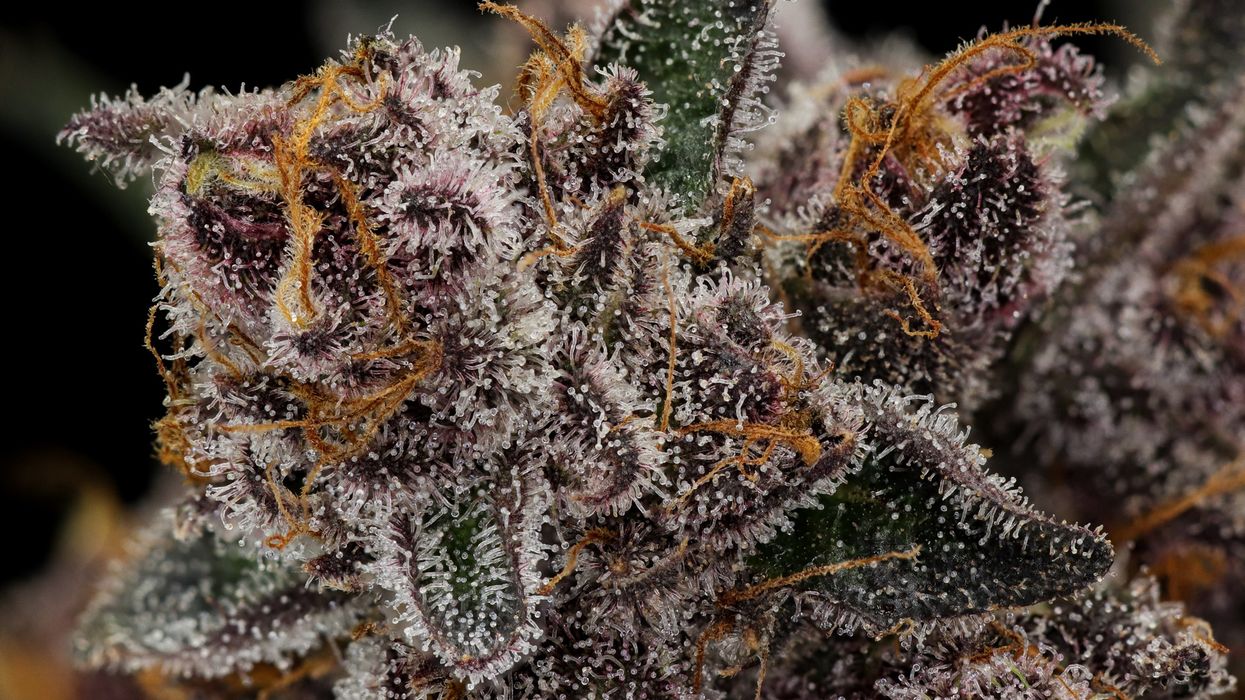



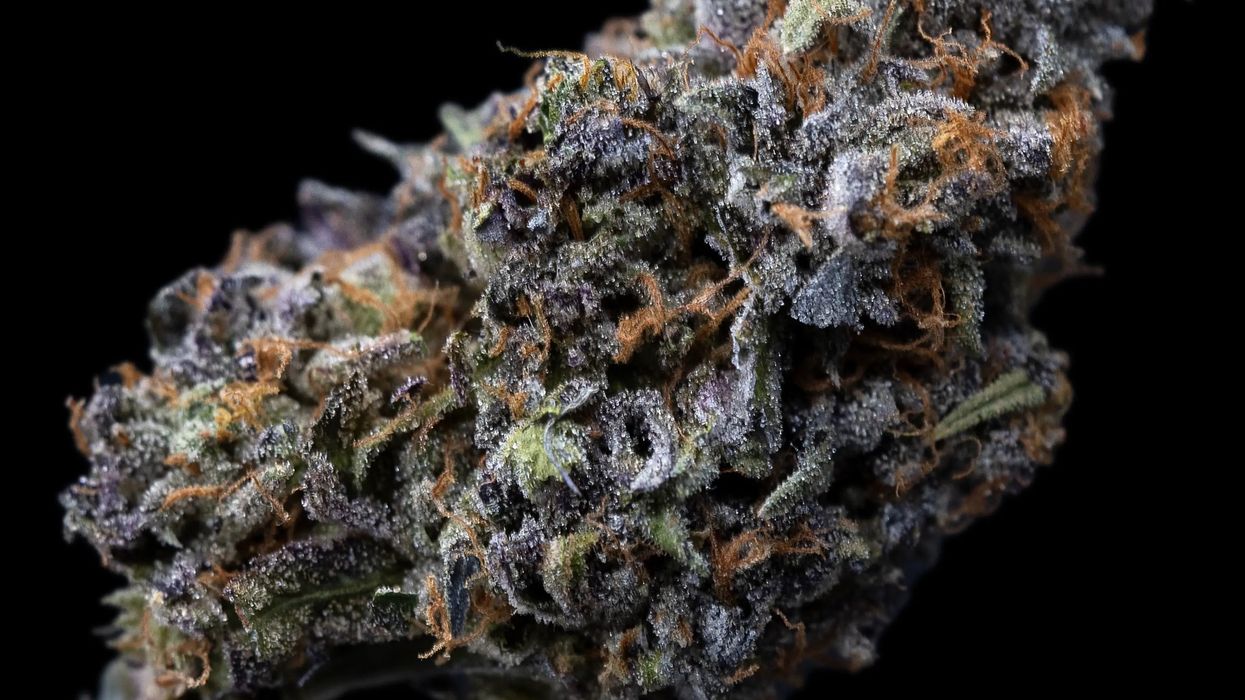
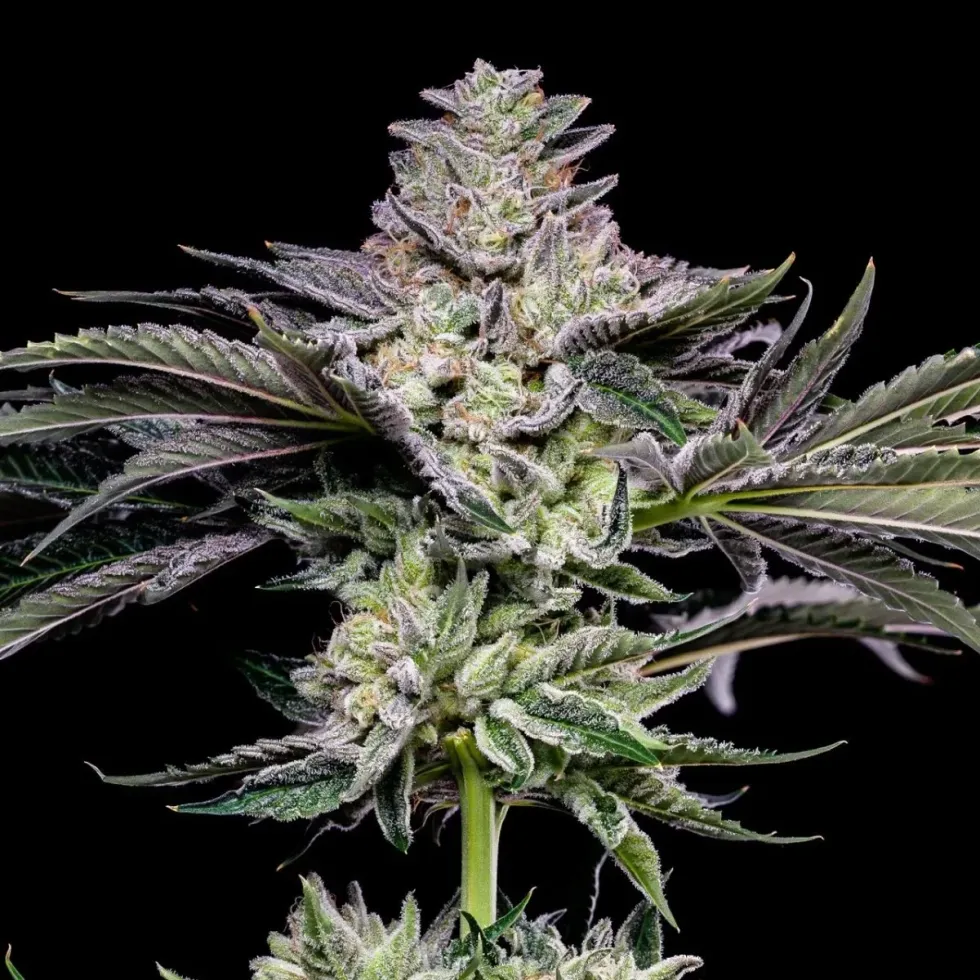 Gush Mints - The BluntnessPremium Cultivars
Gush Mints - The BluntnessPremium Cultivars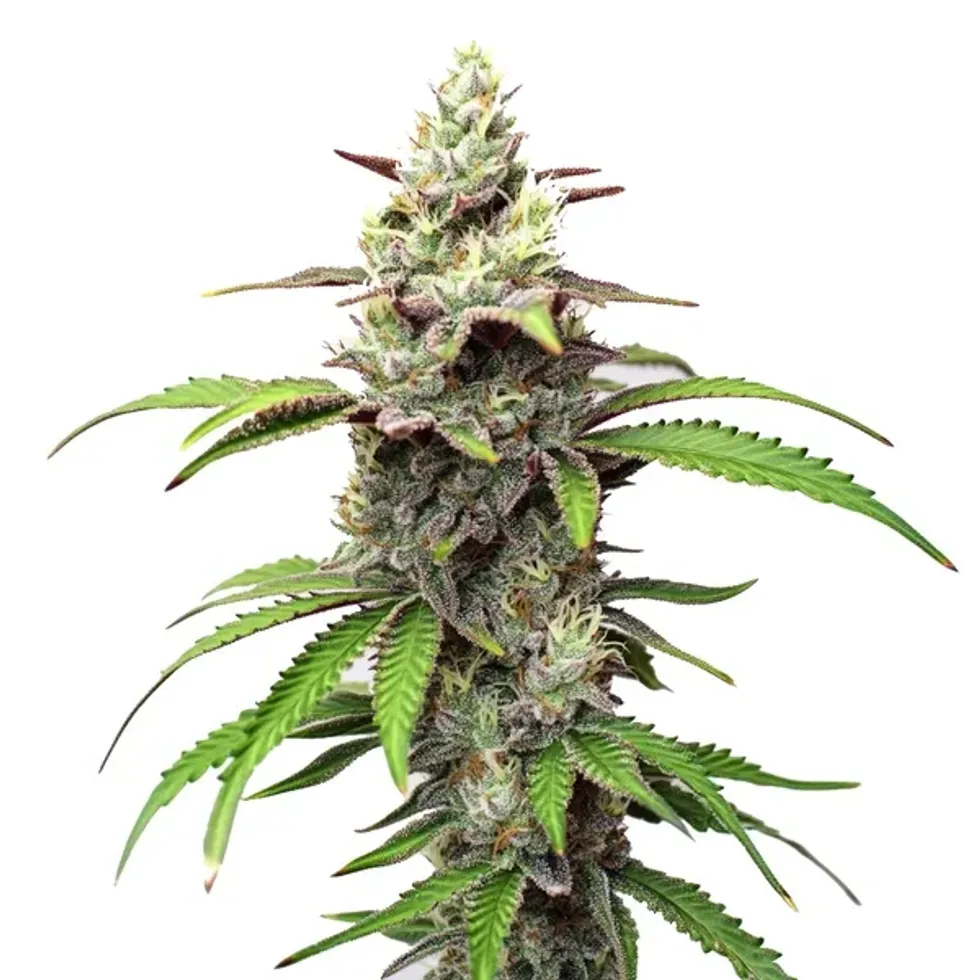 Gush Mints Strain Review - The BluntnessBlimburn Seeds
Gush Mints Strain Review - The BluntnessBlimburn Seeds
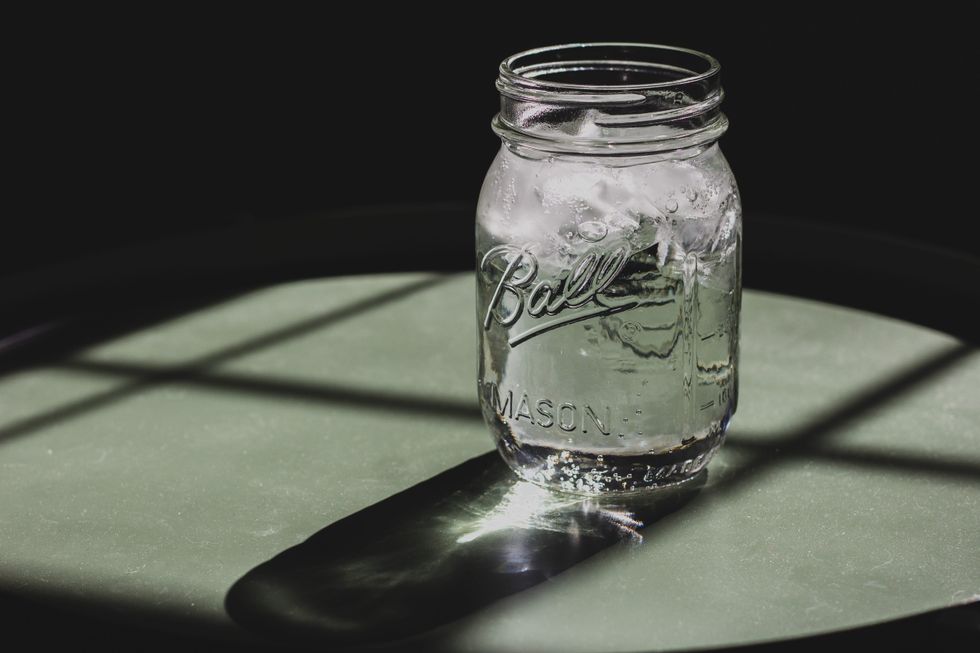 How to Store Magic Mushrooms
How to Store Magic Mushrooms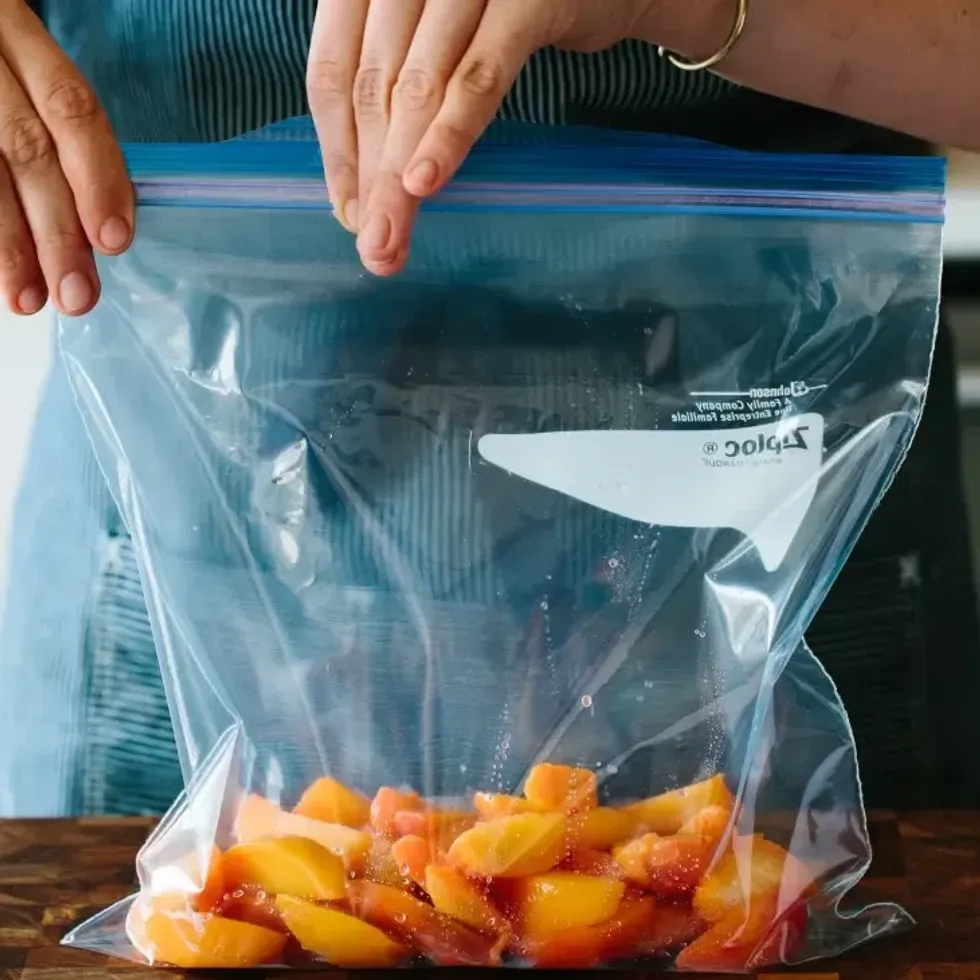 How to Store Magic Mushrooms
How to Store Magic Mushrooms How to Store Magic Mushrooms
How to Store Magic Mushrooms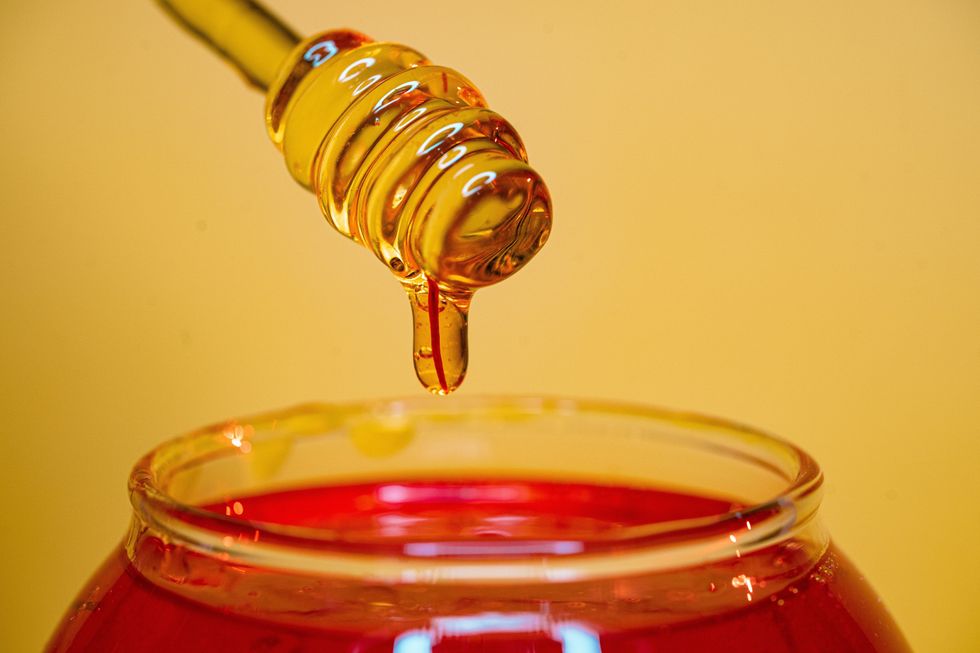 How to Store Magic Mushrooms
How to Store Magic Mushrooms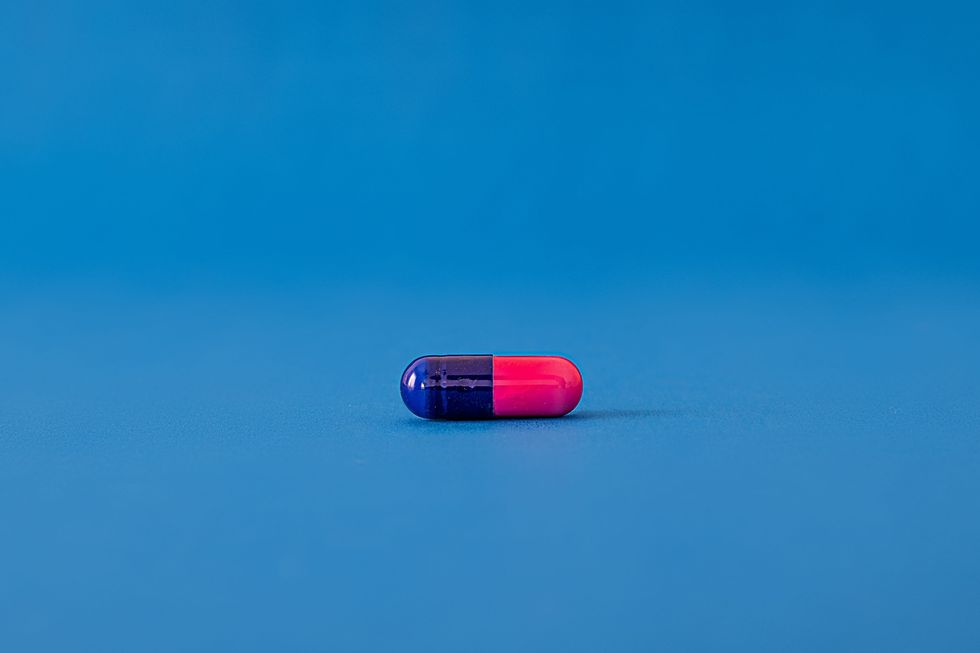 How to Store Magic Mushrooms
How to Store Magic Mushrooms



